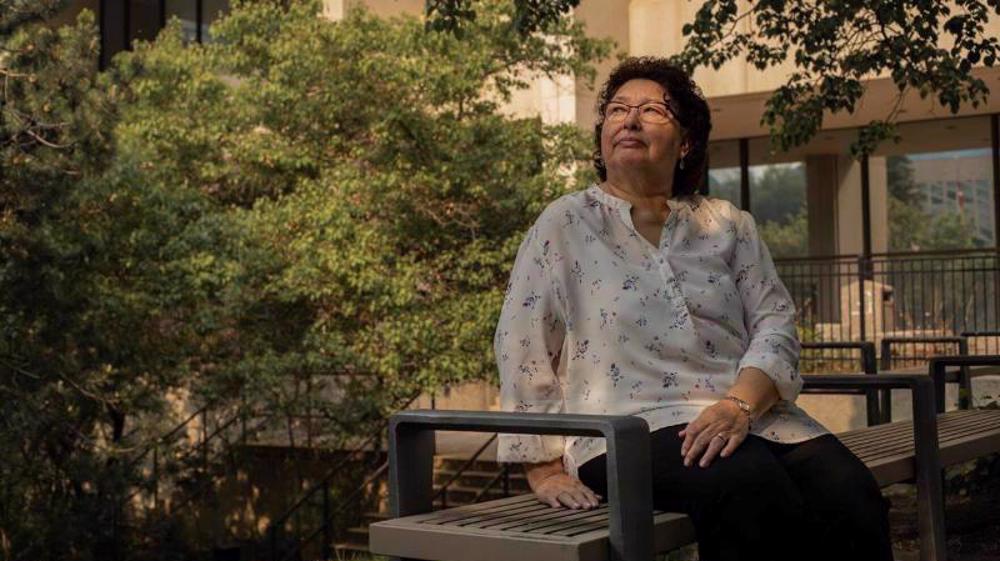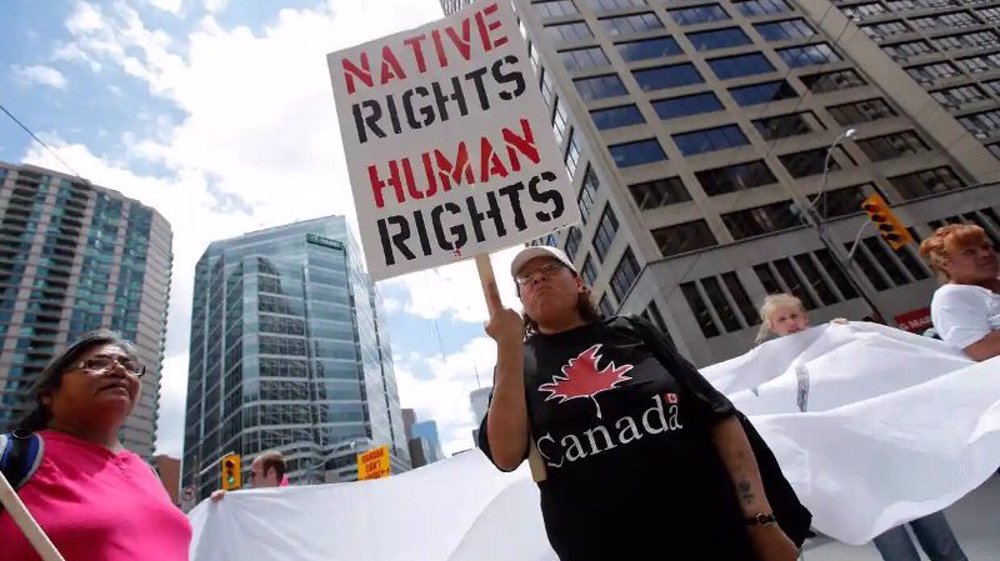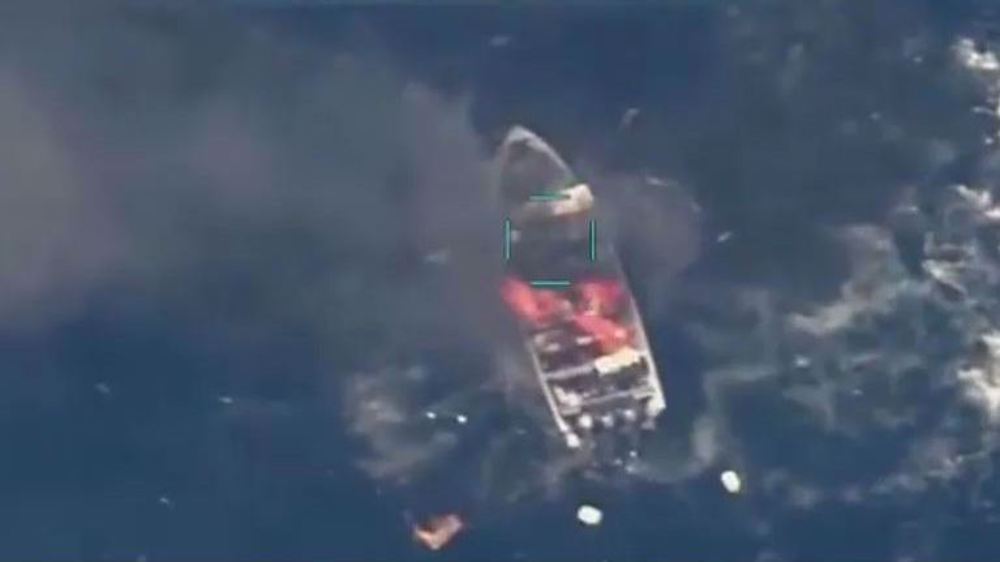Canada’s Indigenous women still being forcibly sterilized: Report
Canada’s Indigenous women are still being pressured into having their tubes tied decades after other rich countries stopped the appalling practice, a report says.
A large number of activists, physicians, politicians, and at least five class-action lawsuits confirmed that the practice of forcibly sterilizing Indigenous women has not ended in Canada, The Associated Press revealed in a report on Wednesday.
Last year, the Canadian Senate issued a report saying that Indigenous women continue to be sterilized without their knowledge or consent, concluding that “this horrific practice is not confined to the past, but clearly is continuing today.”
Back in May, a doctor was sanctioned for carrying out an illegal procedure against an Indigenous woman in 2019, the report added, citing obtained documents.
"Thousands of Indigenous Canadian women over the past seven decades were coercively sterilized, in line with eugenics legislation that deemed them inferior," the report said.
According to Indigenous leaders, Ottawa has done almost nothing to stop the violations, and the North American country has yet to fully reckon with its troubled colonial past.
Canada's 1.7 million Indigenous citizens, nearly five percent of the population, mostly live in isolated communities where poverty, high unemployment and high risk of suicide are chronic problems.
“Whenever I speak to an Indigenous community, I am swamped with women telling me that forced sterilization happened to them,” said Boyer, who has Indigenous Metis heritage.
According to the Geneva Conventions, forced sterilization is a type of genocide and crime against humanity.
This is while Canada has condemned forced sterilization elsewhere in the world.
When asked about the issue, the Canadian government told the AP that "sterilization of women without their informed consent constitutes an assault and is a criminal offense."
It also acknowledged that bias in the health system “continues to have catastrophic effects" on Indigenous people.
Canada has always been under fire from some Indigenous Peoples’ human rights societies for continuous violation of Aboriginal women’s rights to life, freedom, and security.
Until the 1990s, Indigenous people were mostly treated in segregated hospitals, where there were reports of rampant abuse, the report added.
Canada is also severely criticized by human rights groups for the forced and coerced sterilization of Indigenous women, the militarization of Indigenous lands, the criminalization of Indigenous human rights defenders, and the over-incarceration of Indigenous offenders across the country.
Moreover, Canada has a dark past in dealing with the children of its Indigenous population. the country's residential school system forcibly separated more than 150,000 First Nations children from their families between 1831 and 1996.
Many of the children separated from their homes by the church’s school system were subjected to abuse, rape, and malnutrition. In 2008, the Canadian government formally apologized.
US-Israeli strike targets IRIB facility; broadcasts continue
IRGC: Latest waves of Op. True Promise 4 led to tanker strikes, base shutdowns, heavy casualties
CENTCOM confirms US troops killed in Iran’s retaliatory strikes
China ‘strongly condemns’ US-Israeli assassination of Iran’s Leader
Iran sees no limits in defending itself after Leader's ‘dangerous’ assassination: FM
IRGC strikes USS Abraham Lincoln aircraft carrier with volley of ballistic missiles
Iranian armed forces to pulverize US bases across the region: Pezeshkian
Enemy will take dream of enslaving the Iranian nation to grave: Army chief











 This makes it easy to access the Press TV website
This makes it easy to access the Press TV website